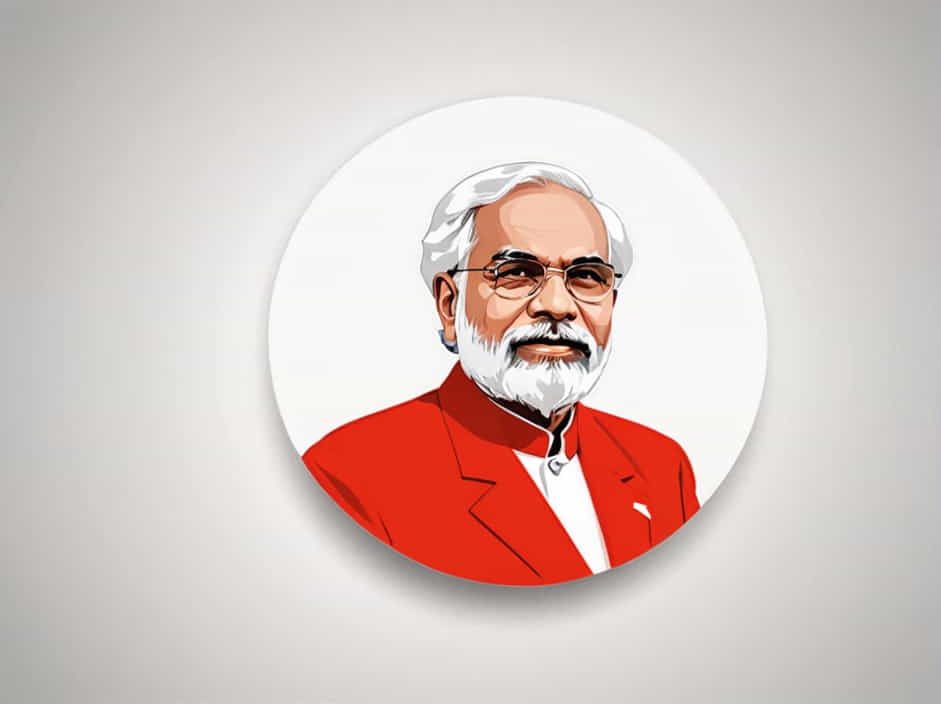The Communist Party of India (Marxist), commonly known as CPI(M), is a major political entity in India with a significant influence on the country’s political landscape. Understanding its leadership structure, especially the role of the General Secretary, provides insight into the party’s functioning and ideological direction.
Understanding the Leadership Structure of CPI(M)
Unlike many political parties that have a ‘President’ as their chief executive, CPI(M) operates differently. The party’s highest-ranking official is the General Secretary, who serves as the principal leader and spokesperson.
Role of the General Secretary
The General Secretary of CPI(M) is responsible for:
-
Guiding Party Strategy: Outlining and implementing the party’s political strategies and policies.
-
Organizational Oversight: Ensuring the party’s organizational integrity and coherence across various regions.
-
Representation: Acting as the primary representative of the party in national and international forums.
Historical Overview of CPI(M)’s General Secretaries
Since its inception in 1964, CPI(M) has been led by a series of influential General Secretaries:
-
Puchalapalli Sundarayya (1964-1978): As the founding General Secretary, Sundarayya played a pivotal role in establishing the party’s foundational principles and expanding its base.
-
E. M. S. Namboodiripad (1978-1992): A prominent figure in Indian politics, Namboodiripad’s tenure saw the party’s consolidation, especially in states like Kerala.
-
Harkishan Singh Surjeet (1992-2005): Surjeet was instrumental in forming alliances and expanding the party’s influence during a period of coalition politics in India.
-
Prakash Karat (2005-2015): Under Karat’s leadership, the party navigated challenges posed by changing political dynamics and economic reforms.
-
Sitaram Yechury (2015-2024): Yechury’s tenure focused on revitalizing the party’s approach to contemporary issues and expanding its appeal among the youth. His untimely demise on September 12, 2024, marked a significant moment in the party’s history.
Current Leadership Dynamics
Following the passing of Sitaram Yechury, the party appointed Prakash Karat as the Interim Coordinator of the Politburo. This decision was made to ensure continuity in leadership and to guide the party through the transitional phase until a new General Secretary is elected.
The Politburo’s Role
The Politburo is the principal policymaking and executive committee within CPI(M). It comprises senior leaders who collectively make decisions on critical matters. As of the latest updates, the Politburo includes:
-
Prakash Karat: Serving as the Interim Coordinator.
-
Pinarayi Vijayan: The Chief Minister of Kerala and a significant figure in the party.
-
Brinda Karat: A prominent leader known for her advocacy on social issues.
-
Manik Sarkar: Former Chief Minister of Tripura with extensive administrative experience.
The Path Forward for CPI(M)
The demise of Sitaram Yechury has prompted introspection within the party regarding its future direction. Key areas of focus include:
-
Electing a New General Secretary: The Central Committee is expected to convene to elect a new General Secretary who can lead the party in the current political climate.
-
Strengthening Organizational Presence: Emphasizing grassroots mobilization to bolster the party’s presence across various states.
-
Addressing Contemporary Issues: Formulating policies that resonate with the evolving aspirations of the Indian populace, especially the youth.
The Communist Party of India (Marxist) has a structured leadership framework centered around the General Secretary and the Politburo. The recent leadership changes underscore the party’s commitment to maintaining organizational stability and adapting to the dynamic political environment. As CPI(M) navigates this transitional period, its leadership decisions will significantly influence its future trajectory and role in Indian politics.
